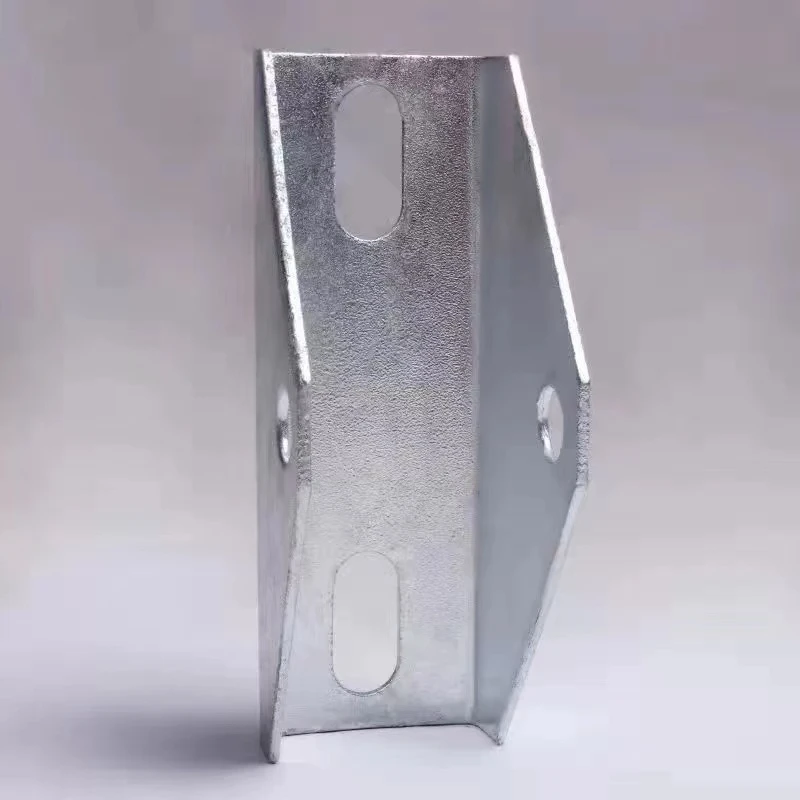

Understanding the Benefits and Applications of Self-Tapping Screws in Various Projects
Nov . 30, 2024 10:33 Back to list
Understanding the Benefits and Applications of Self-Tapping Screws in Various Projects
Understanding Self-Type Screws A Comprehensive Overview
Self-type screws are an essential component in various construction and manufacturing applications, offering a unique blend of functionality and efficiency. These screws are specifically designed to create their own mating threads when driven into materials, eliminating the need for pre-drilled holes. In this article, we will delve into the different types of self-type screws, their advantages, applications, and considerations when using them.
What Are Self-Type Screws?
Self-type screws, often referred to as self-tapping screws, are fasteners that can cut their own threads into the material they are being driven into. Unlike traditional screws that require a pilot hole, self-tapping screws can be used in a variety of materials including wood, metal, plastic, and composite materials. These screws are available in various designs, such as pointed, flat, and self-drilling heads, making them versatile for multiple applications.
Types of Self-Type Screws
1. Self-Tapping Screws These screws are designed to create their own threads when installed into softer materials like wood or plastic. They are available in two primary forms thread-forming screws, which displace material to create threads, and thread-cutting screws, which actually remove material to create threads.
2. Self-Drilling Screws As the name suggests, self-drilling screws have a drill-like end that allows them to drill into metal and other hard materials without the necessity of a pre-drilled hole. This feature makes them incredibly efficient for metal-to-metal applications.
3. Sheet Metal Screws These screws are specifically designed to join sheets of metal together. The sharp threads of a sheet metal screw allow it to penetrate thin metal sheets, making them useful in automotive and appliance applications.
4. Wood Screws While similar to self-tapping screws, wood screws are specifically designed for use with wood. They feature a sharp tip and coarse threads to grip the wood material effectively.
Advantages of Self-Type Screws
Self-type screws offer numerous benefits that make them a popular choice among builders, engineers, and DIY enthusiasts
- Time Efficiency The ability to tap their own threads means quicker installation times. This is especially advantageous in large-scale projects where efficiency can lead to substantial time and cost savings.
self type screw

- Reduced Labor Costs Fewer tools are required since there is no need for pre-drilling. This can simplify the construction process and reduce overall labor costs.
- Versatility With appropriate designs for a wide range of materials, self-type screws can be used across various industries, from construction and manufacturing to automotive and electronics.
- Strong Hold Because they create their own threads, self-tapping screws can provide a secure hold in the material, enhancing the integrity of the assembly.
Considerations When Using Self-Type Screws
While self-type screws provide many advantages, there are also important factors to take into account
1. Material Compatibility Not all self-type screws are suitable for every material. It’s essential to choose the appropriate type depending on whether you are working with wood, metal, or plastic.
2. Size and Length Selecting the right size and length of the screw is crucial for ensuring a proper fit and hold. An improperly sized screw may not provide adequate support.
3. Torque Settings When using power tools, controlling the torque applied to a self-tapping screw is vital. Too much torque can strip the threads or damage the material.
4. Environmental Conditions In outdoor applications or where moisture is a concern, selecting screws with corrosion-resistant coatings (like zinc or stainless steel) can enhance the lifespan of the fastener.
Conclusion
Self-type screws are a valuable fastener choice in various applications due to their ease of use, efficiency, and versatility. Whether you are involved in construction, manufacturing, or DIY projects, understanding the different types available and their applications will enable you to select the right screws for your needs. By considering the material compatibility, size, and installation practices, you can enhance the effectiveness of your projects and ensure durable and reliable results.
Latest news
-
High-Strength Hot Dip Galvanized Bolts - Hebei Longze | Corrosion Resistance, Customization
NewsJul.30,2025
-
Hot Dip Galvanized Bolts-Hebei Longze|Corrosion Resistance&High Strength
NewsJul.30,2025
-
High-Strength Hot-Dip Galvanized Bolts-Hebei Longze|Corrosion Resistance&High Strength
NewsJul.30,2025
-
Hot Dip Galvanized Bolts-Hebei Longze|Corrosion Resistance&High Strength
NewsJul.30,2025
-
Hot Dip Galvanized Bolts - Hebei Longze | Corrosion Resistance, High Strength
NewsJul.30,2025
-
High-Strength Hot Dip Galvanized Bolts-Hebei Longze|Corrosion Resistance, Grade 8.8
NewsJul.30,2025

